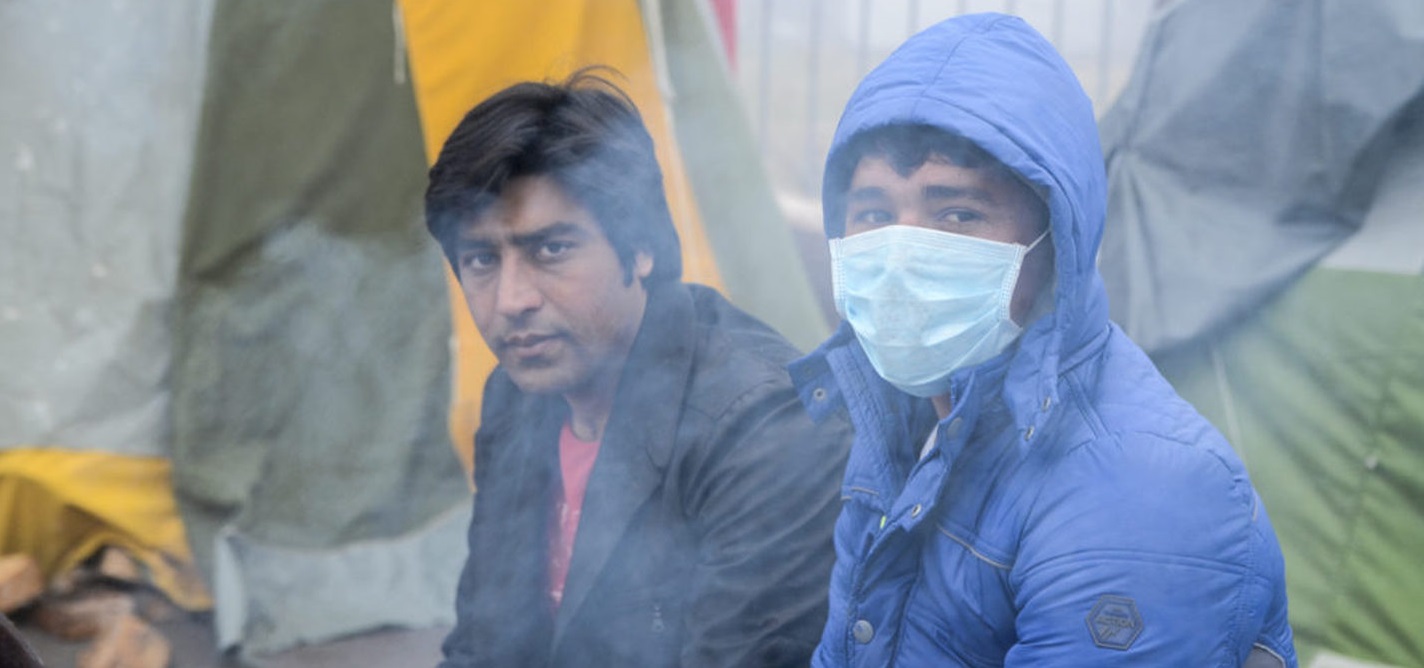
COVID-19: No one is safe until all are protected
An open letter from the Transbalkan Solidarity Group.
We call for adequate and healthy living conditions to be secured for all.
We demand that people are provided with access to information about this virus in languages they understand.

Transbalkanska solidarnost
Transbalkanska solidarnost (Transbalkan Solidarity Group) is a new collective of more than 500 (and counting) individuals and civil society groups from across the region and beyond.
DISCLAIMERThe views of the writer do not necessarily reflect the views of Kosovo 2.0.
This story was originally written in Serbian.